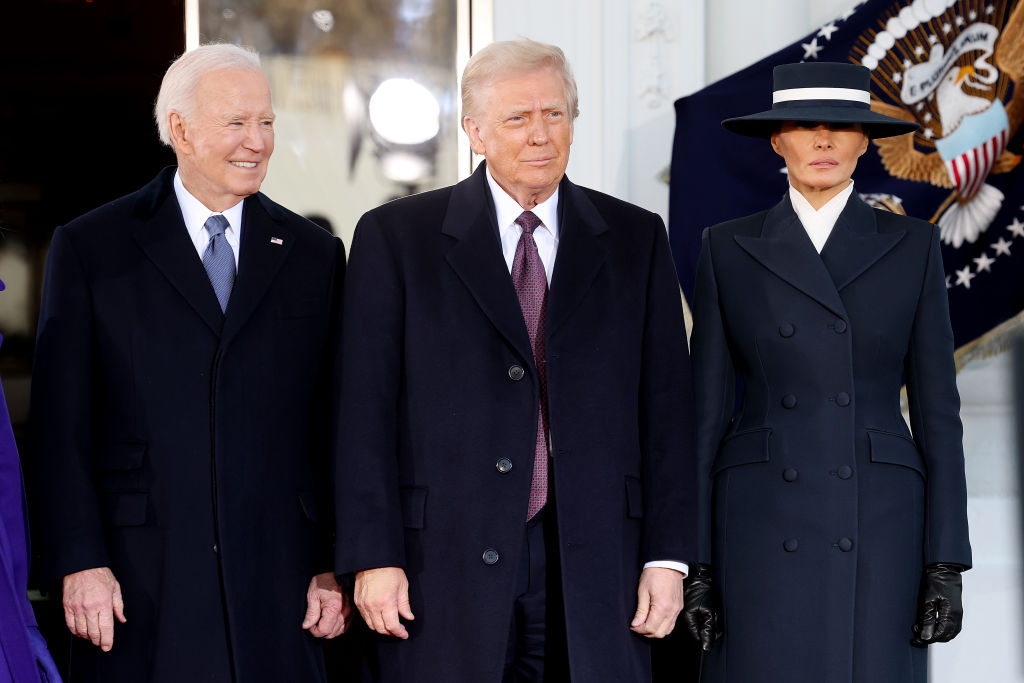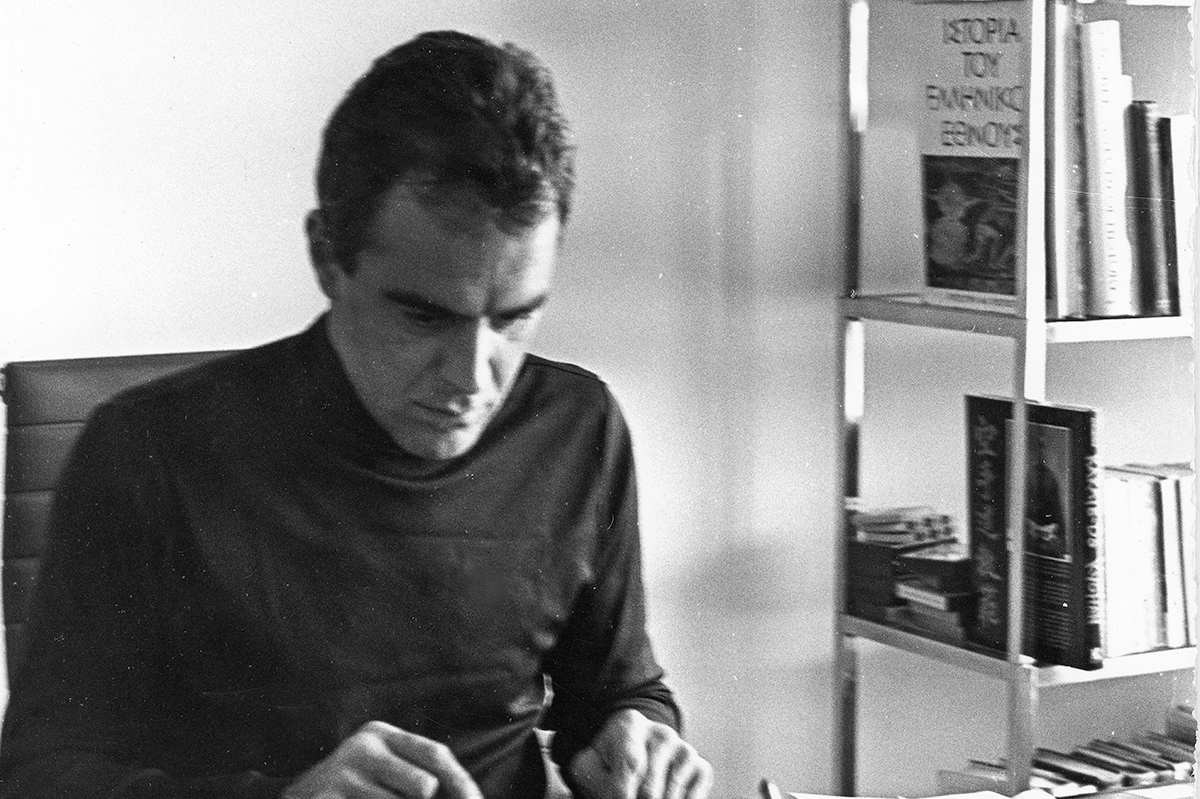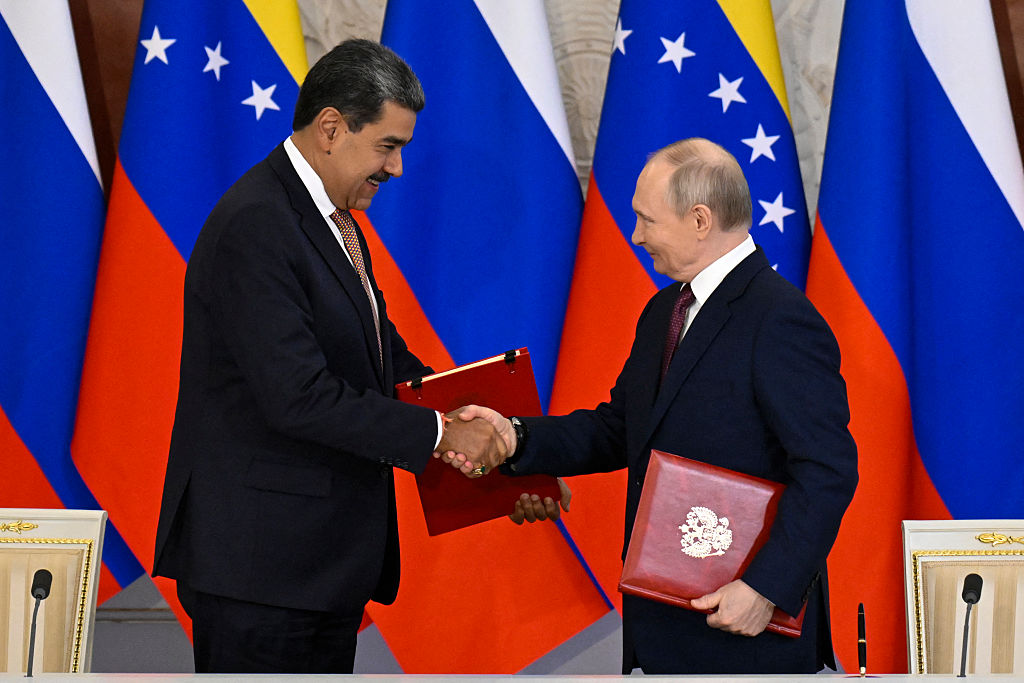Considering the way history has been going for the past quarter of a century, it seems not merely Panglossian but naive and sentimental to the point of bad taste to find grounds for historical optimism now. Nevertheless, positive facts ought to be recognized as well as negative, and without embarrassment.
The world appears to have entered upon a new era when the author of a leader in the London Sunday Telegraph is comfortable writing: “Europe has many things to its credit — and the reconstruction of Notre-Dame stands in notable contrast to our own inability even to decide what to do with the Houses of Parliament. But if we are to retain global relevance and restore economic dynamism, it seems increasingly clear that we have more to learn from America.”
Since 2016, the British elite — including the conservative and intellectual portions of it — has been notably unfriendly toward Donald Trump for his person as well as his politics, a fact that has almost certainly to do with social snobbery, as indeed it does in his native country. But opinion is shifting in Great Britain, partly in reaction to Sir Keir Starmer’s disastrous first months at No. 10, but also to Trump’s remarkable campaign to return to the White House after a four-year interregnum. Equally important, moreover, are the plain and obvious failures of mainstream governments in Western Europe and the growing strength of the inaptly named “populist” response to them.
These failures have shown up the weakness of the post-1990s neoliberal consensus on both domestic and foreign policy, most notably as pursued by the administration of President Biden, whose legacy has been economic inflation and added national indebtedness at home and the formation of a new axis of aggressive global despotism by the emboldening of Iran, China, Russia and North Korea. Donald Trump has been right all along about the threat posed by Tehran. Certainly there are few signs that his supporters in particular, and the American public in general, wish him to take the country to war.
There does seem to be, however, a widely diffused sense that Trump’s unstated strategy of keeping the dictators guessing about his intentions and his resolve in countering and resisting them is an effective, even a brilliant one, given the formidable military power the United States still possesses. During Biden’s four years, the despots over-played their hand, and now they are paying the price: most importantly, Iran and its — mainly non-state — proxies, but also Russia. There is also the further sense that Biden and his government have underplayed theirs, and so have the Western European powers, economically and militarily.
Trump came to office on January 20 in the strongest possible position. That he is a sort of natural phenomenon has dawned at last on his adversaries, past and present, after a year in which he survived four major legal assaults, two physical attacks, an abrupt and destabilizing switch of horses by the opposing party three months before the national elections and the usual slings and poisoned arrows from his numerous, relentless and frequently unhinged enemies.
Trump’s almost inhuman powers of survival, like his superhuman energy, are now recognized at home and abroad. Further, following the four years of his first presidential term, the United States remained not only free and intact but economically sound and at relative peace with the rest of the world; this is contrary to the hysterical predictions of the Democratic Party and of liberals generally that he would turn America into the Nazi equivalent of East Germany. Now the United States and the world can expect a politically “normal” government in Washington in the coming four of this term. This is the consensus of the majority of the American public, including the 48.6 percent of it that voted for Kamala Harris, and of foreign heads of state as well, who appear to be comfortable with the prospect of Trump’s return to the White House. In this respect, the president-elect’s enthusiastic reception by President Macron at Notre-Dame in December and immediately afterward by the Prince of Wales was a personal as well as a political triumph for him. In Europe, even more than in the United States, Donald Trump seems to inspire relief and hope, with regard especially to the wars in Ukraine and the Levant.
Should the man be recognized in the coming year or so not only as Britain’s last best hope but the West’s, as a Telegraph columnist recently suggested, it would be one of the greatest turns in the political history of the twenty-first century, as well as its greatest irony.
This article was originally published in The Spectator’s February 2025 World edition.


























Leave a Reply